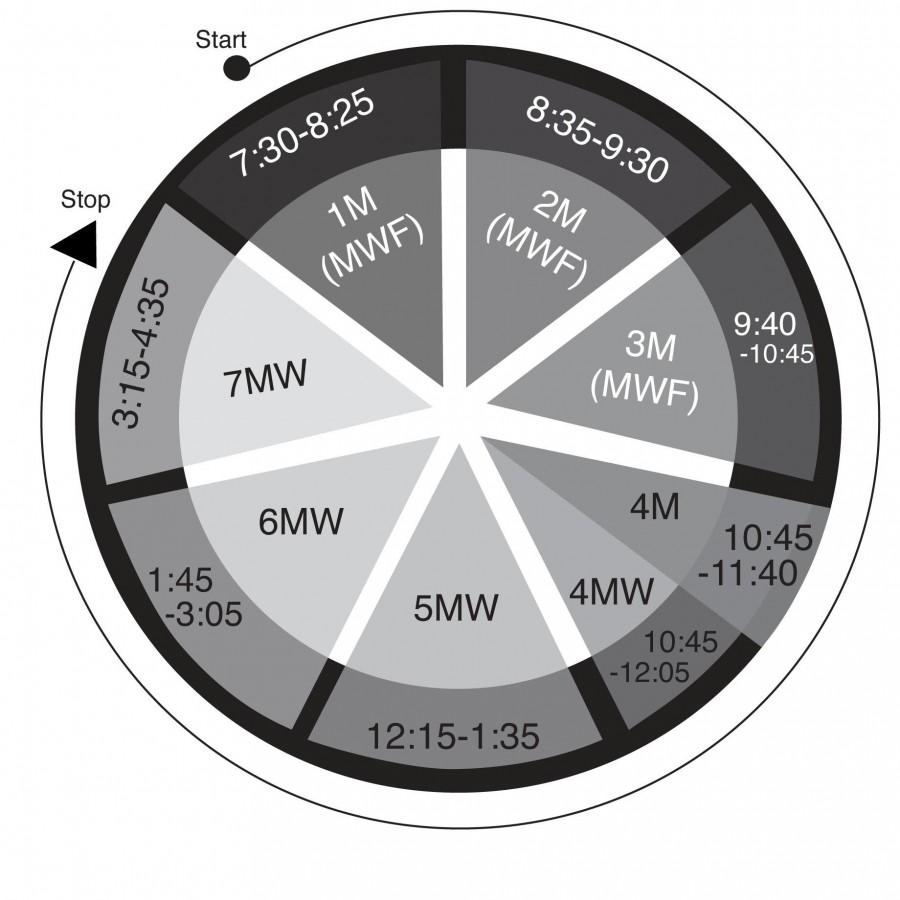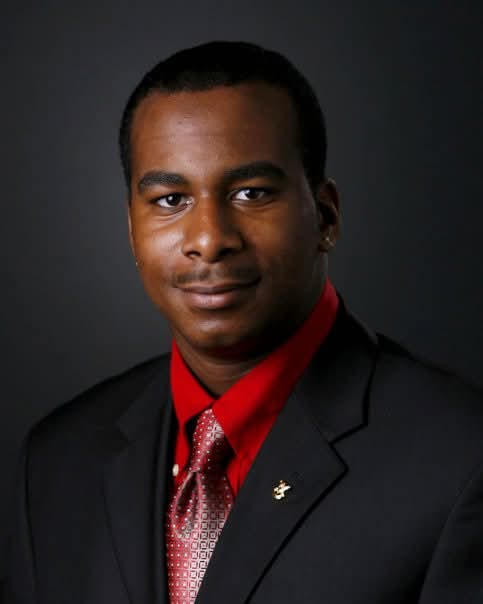The University has made the decision to adjust the class schedule for Mondays, Wednesdays and Fridays in the spring semester, allowing more opportunities for 80-minute classes.
Beginning in January, classes after 4M on Mondays and Wednesdays will be 80 minutes, changing the class lengths from the traditional 55 minutes, Laynie Barrilleaux, vice president for academic affairs, said. There will also be 4MW classes for some majors. All facilities on campus will remain open on Fridays and faculty will still be working all week.
Barrilleaux said the University began considering the change when the University faced a $5.3 million budget cut in June. In doing research, she noticed that there were more class sections on Tuesdays and Thursday, than on Mondays, Wednesdays and Fridays. However, fewer classes were offered on Mondays, Wednesdays and Fridays than thought. Barrilleaux also looked at what some professors were already doing and classes were getting out of sync because of extraordinary classes. Extraordinary classes are where professors set times that are not the normal times. Barrilleaux found that they were either only on Mondays, Wednesdays or a combination of the two.
“This 80 minute class option is not intended to benefit the budget, but it could indirectly if we needed it to,” Barrilleaux said.
To save money due to the budget would require adjustment of the work schedule, and for that to happen, the class schedule would first have to be adjusted.
“7MW classes were found to be the most popular, but if a student took this class, they could not take a 5MW because times overlapped,” Barrilleaux said.
Although class schedules have changed, faculty have the ability to override the new format if their curriculum requires non-traditional class schedules.
“Chances are there might be some labs that would go into Friday because that is just the nature of labs,” Barrilleaux said.
With classes only being offered from 1M to 4M on Fridays, students will have more opportunities to begin work early, have organizational meetings, service days or field trips, Barrilleaux said. The benefit for faculty is that the new schedule gives them more time in the classroom.
Before a decision was made, Barrilleaux bought the idea to SGA and Faculty Senate to get their opinions on it.
“I got a lot of input from them, but I made the decision. That’s my job,” Barrilleaux said.
“Faculty senate was presented with the question of what class schedule was best for the University by Barrilleaux,” Brigett Scott, department head and assistant professor of dietetics, said.
Faculty senate president Stephen Michot, associate professor of history and geography said they voted against a change to the class schedule.
“The majority was not in favor because the class structure was different and it over lapped and they feared a change would disrupt the order,” Michot said.
Administration was invited to the faculty senate meeting in September and presented the new class schedule. After the administration left faculty senate had an open discussion about the topic.
Faculty senate member and associate professor of business administration Norbert Michel said that he is in favor of the change because he teaches heavily quantitative classes and needs the 80 minutes.
Scott, also a faculty senate member, said, “I am in support because I feel like it’s a good option for students because we are a commuter-based university, and a lot of students have jobs on the weekends. This may give them the ability to put in more hours at work and more flexibility for them.”
Scott also expressed the new schedule could make things more difficult for faculty.
“From a student’s perspective it is beneficial, but from a faculty member’s side it is a little difficult to configure the class schedule,” she said.
Quenton Fontenot, associate professor of biological sciences and interim head of biological sciences, agreed with Scott, saying that it will take an adjustment, but as for professors it should not be too difficult because the curriculum is outlined for either two or three class periods.
“The benefit outweighs the struggle to get the class schedule to work more easily,” Scott said.
Barrilleaux said that the change is permanent as of now, but the University will see how the change affects faculty and students.
“We are pretty excited about it and hope everyone else is, too,” Barrilleaux said.
A previous proposal was for a four day week, but it was not successful.
“They did not do the four-day week because it caused conflicts and was too soon to implement. They also did not want to kill what little campus life we have,” Matthew Jewell, SGA president, said.
Barrilleaux maintained that change is necessary for the further development of the University.
“Higher education is changing all around us and we need to constantly look for ways to improve access and the class experience for students,” she said. “If you think you have to be the same old thing year after year, you’re not going to make the progress that you need.”
University changes schedule of classes for Spring 2013
Pauline Wilson
•
October 4, 2012
0
More to Discover













